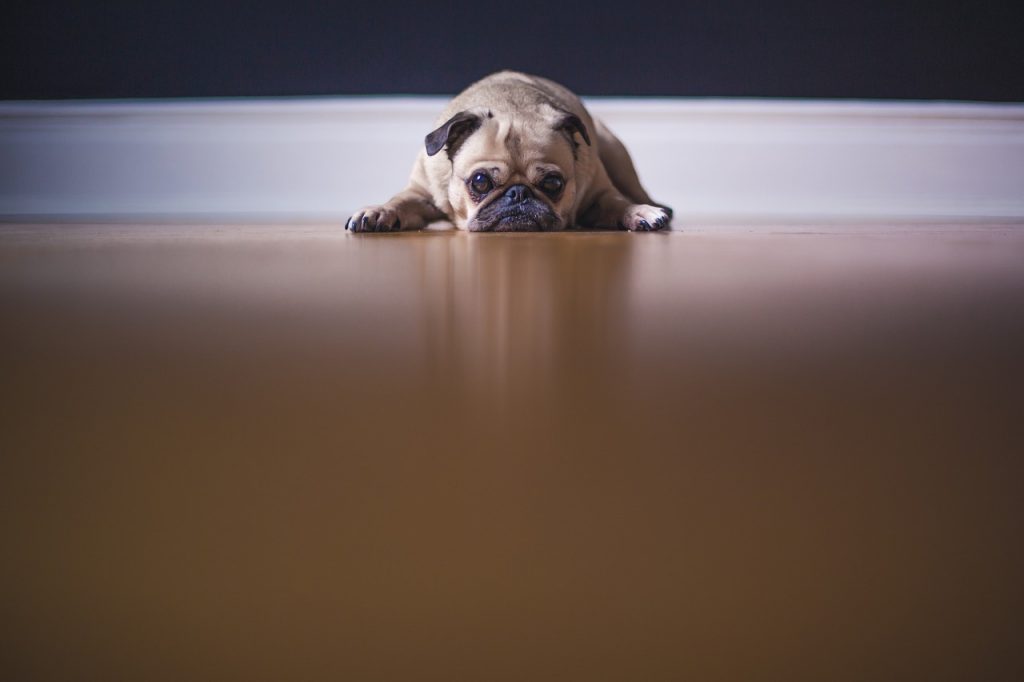

Apartments and Pets: What to Know
By Madison White
As more and more young people delay some of the major events in their life, like getting married and having kids, they are increasingly getting pets. It is very common for young adults to have pets because of the added companionship and ease into responsibility. However, many young people don’t own homes yet, which makes finding pet-friendly housing quite difficult. Here are a few things to know about renting an apartment and owning a pet.
1. Pets can be costly
As a pet owner, you already know this. In this case, it doesn’t mean costly because of food costs, vet bills, and other things you need to buy for your pet. When it comes to apartments, pets often bring an additional cost.
Make sure that when you are moving in, you check your contract for the details of your rent, but also any additional costs that may come because of your pet. It is common for landlords to charge an additional fee per month if you have pets or charge an extra deposit when you make a security deposit at the beginning of your tenancy. Some landlords charge both! This fee may also change based on what kind of pet you have and how many. For example, the fee for cats could be $30 per month while dogs could be $50. There could also be extra charges if you have more than one pet.
Most landlords justify this cost because pets are a liability to cause damage whether it be from soiling the carpet to chewing or scratching the walls and furniture. If you do have to pay a security deposit, it may be difficult to get your deposit back at the end of your tenancy. If you are adamant about getting the deposit back, you may want to take photo evidence before, during, and after your tenancy to prove that your pet didn’t cause any damage. You may also want to invest in some carpet or floor deep cleaning before moving out.
2. Beware of damage
As said before, most of the costs associated with apartment living and having a pet are because of the potential for damages. Even if you have a really well-trained pet, there is always a possibility that something will happen. While you will likely pay a deposit upfront for keeping a pet in your apartment, you should be aware that if your pet creates a lot of damage, you could end up being charged after you move out as well. This is especially true if your pet ends up damaging things that will stay within the apartment like flooring, walls, or any furniture that isn’t your own property.
If you are concerned that your pet will do a lot of damage to the place you’re living, you may want to try and rectify the damage yourself. You might want to invest in some professional floor cleaning or repaint the walls (if your landlord would allow that). As always, be careful. There is always a possibility that your landlord will become frustrated with your pet’s damage and not allow you to live there much longer.
While it may be tempting to try and hide or ignore the damage your pet does, it is likely that they are going to find out anyway. It is better that you are honest and upfront with them when the damage happens, rather than putting it off and getting hit with a bill later.
3. Know your limits
If you are lucky enough to find a place that allows pets, don’t just assume that your pet(s) qualify. Many apartment buildings have restrictions on the pets that they allow in their apartments. You should be sure to check with your tenancy agreement that your pet is allowed.
When it comes to dogs, there can be many restrictions. It is very common for apartments to have weight limits on dogs so that only smaller dogs are allowed. It is also common for them to have breed restrictions. Some controversial dog breeds like Pit Bulls and Rottweilers may not be allowed due to their reputation. It is also very possible that there are limits on the number of dogs you may have. Most apartments will restrict it to just one or two dogs per apartment.
When it comes to cats, it is not likely that there will be any breed or weight restrictions. You may run into restrictions, again, with how many you are allowed. Some apartments do not like cats living in apartments because some will defecate and vomit inside.
When it comes to other pets, you will probably have to check directly with your landlord to see if it is allowed. Most probably won’t have an issue with small animals like rabbits, guinea pigs, and hamsters that are primarily kept in cages. Keeping other pets like snakes, turtles, or lizards will likely be accepted on a case by case basis.
With some searching, hopefully, you will be able to find the right home for you and your pet.



 Equal Housing Opportunity
Equal Housing Opportunity

